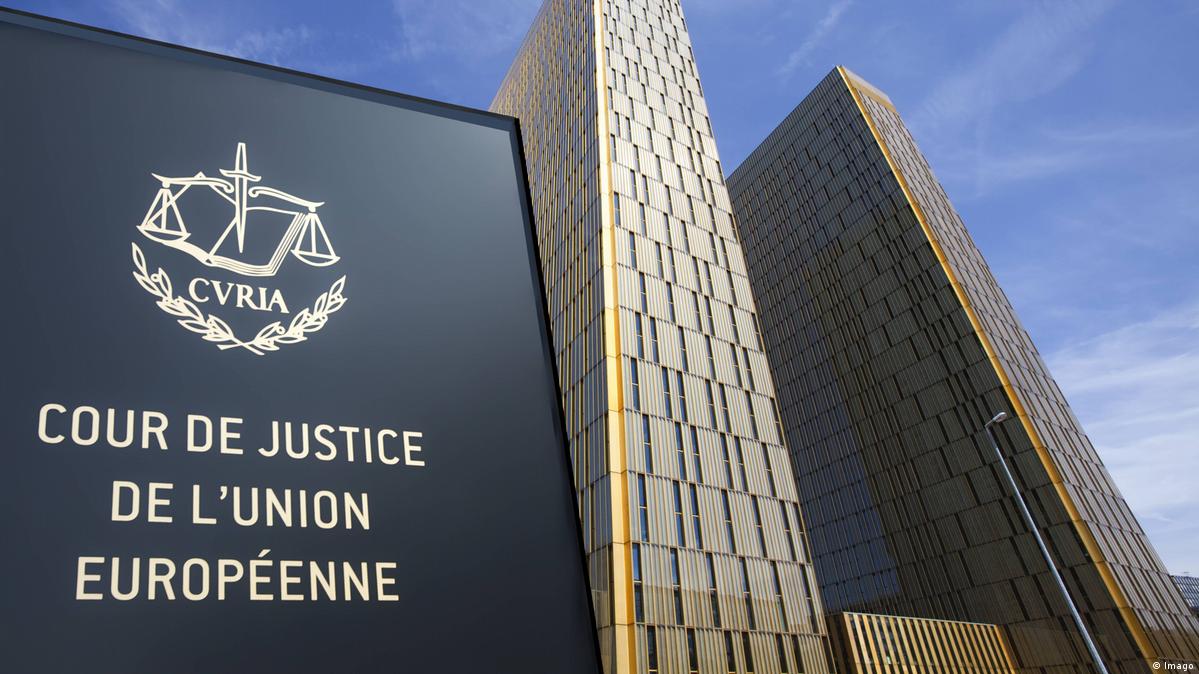European Court Annuls the Commission’s Decision Not to Investigate Granting of Lottery Licenses on Compliance with EU State Aid Rules
15.11.2023
The Court of Justice of the EU has sided with EGBA in its appeal against the European Commission’s refusal to open a state aid investigation into the granting of lottery licenses in the Netherlands.
Luxembourg, 15 November 2023 – The Court of Justice of the European Union (CJEU) has ruled today that the European Commission must investigate possible unlawful financial advantages resulting from the way in which the Dutch State granted licenses to incumbent lotteries in the Netherlands. EGBA welcomes today’s CJEU ruling in its favour.
In 2020, the Commission concluded that a formal EU investigation into the Dutch licensing procedure was not necessary, stating that the procedure did not provide incumbent lotteries with illegal state aid, and subsequently closed the original complaint filed by European Gaming and Betting Association (EGBA) back in 2016.
EGBA appealed the Commission’s decision to the CJEU in March 2021, asserting that the renewal of multiple lottery licenses of incumbent holders, without consideration at market rate and without an open, transparent, and non-discriminatory license allocation process, constituted illegal state aid. EGBA argued that the Commission’s refusal to investigate the case infringed upon its rights under EU law.
In today’s ruling (Case T‑167/21), the CJEU sides with EGBA, confirming the infringement of its rights and annulling the Commission’s decision, concluding that:
- “….Due to the complete absence of appropriate investigation by the Commission at the preliminary examination stage of whether the contested measure conferred an indirect advantage on those bodies, while the remittance of part of the proceeds generated by the activity of the licence holders to bodies that serve the common interest designated by those licences constituted one of the main features of the legislation at issue, the fact that this issue was not examined in the contested decision does not make it possible to rule out the existence of serious difficulties in that connection. (paragraph 51)….”
According to EU law, if there is any doubt about the possible existence of illegal state aid, the Commission is obligated to initiate an investigation. Consequently, the Commission will now have to commence a formal state aid investigation to determine whether illegal state aid was indeed involved.
The CJEU also ordered the Commission to pay EGBA’s costs for its appeal at the CJEU.
“We welcome the CJEU’s ruling to annul the Commission decision, and find in EGBA’s favour, but frankly speaking we are not surprised by it. The facts and data of this case raised serious doubts about the compliance of the Dutch licensing procedure with EU law, which should have warranted the Commission to open a formal state aid investigation to address those doubts. We are confident the Commission will now carry out a thorough investigation, and we are ready to provide any necessary information and data. It is crucial for the Commission to uphold EU law consistently across all sectors, without fear or favor, including the gambling sector. The selective enforcement of EU law undermines the Commission’s institutional role as the guardian of the Treaties.” – Maarten Haijer, Secretary General, EGBA.
– ENDS –

About EGBA
The European Gaming and Betting Association (EGBA) is the Brussels-based trade association representing the leading online gambling operators established, licensed, and regulated within the EU, including bet365, Betsson Group, Entain, Flutter, Kindred Group, and 888 William Hill. EGBA works together with national and EU authorities and other stakeholders towards a well-regulated and well-channelled online gambling market which provides a high level of consumer protection and takes account of the realities of the internet and online consumer demand. EGBA member companies meet rigorous regulatory standards and collectively have 267 online gambling licenses, serving 31.2 million customers, across 22 different European countries. They represent approximately one-third of Europe’s online gambling gross gaming revenue (GGR).
